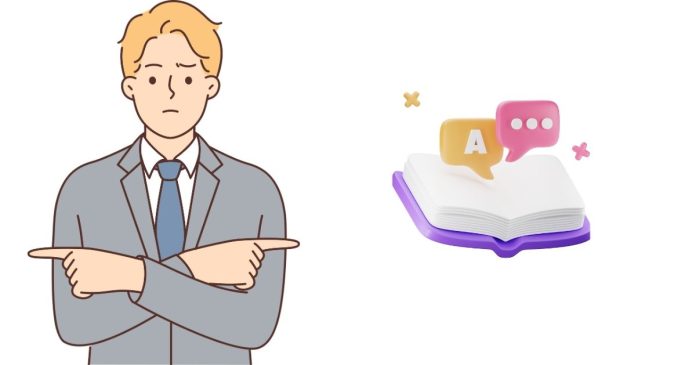Words that are spelled the same but have different meanings are known as homographs. These words can have different pronunciations or different meanings depending on the context. Here are some examples:
1. Lead
- (verb) to guide or direct (e.g., She will lead the team to victory).
- (noun) a type of metal (e.g., The pipes are made of lead).
2. Tear
- (noun) a drop of liquid from the eye (e.g., She wiped away her tear).
- (verb) to rip or damage (e.g., Please don’t tear the paper).
3. Bow
- (noun) a curved weapon used to shoot arrows (e.g., He aimed the bow at the target).
- (verb) to bend forward, usually as a gesture of respect (e.g., She gave a bow after her performance).
- (noun) a tied fabric (e.g., She wore a ribbon in the shape of a bow).
4. Wind
- (noun) moving air (e.g., The wind is very strong today).
- (verb) to twist or coil (e.g., Please wind the clock).
5. Row
- (noun) a line of things or people (e.g., The chairs were arranged in a row).
- (verb) to propel a boat forward with oars (e.g., They rowed down the river).
6. Bass
- (noun) a type of fish (e.g., He caught a large bass).
- (noun) low-frequency sounds or instruments (e.g., The bass guitar thumped loudly).
7. Content
- (noun) the material or substance contained in something (e.g., The content of the book was fascinating).
- (adjective) feeling satisfied or at ease (e.g., She felt content with her life).
8. Live
- (verb) to be alive (e.g., He lives in New York).
- (adjective) happening in real-time (e.g., The concert is being broadcast live).
9. Contract
- (noun) an agreement (e.g., She signed the contract).
- (verb) to make something smaller or more compact (e.g., The fabric will contract when washed).
10. Read
- (verb, present) to interpret written words (e.g., I read the book).
- (verb, past) to have interpreted written words (e.g., I read that book yesterday).
These homographs can sometimes be tricky because they depend on context, and their meanings and pronunciations can shift dramatically.


